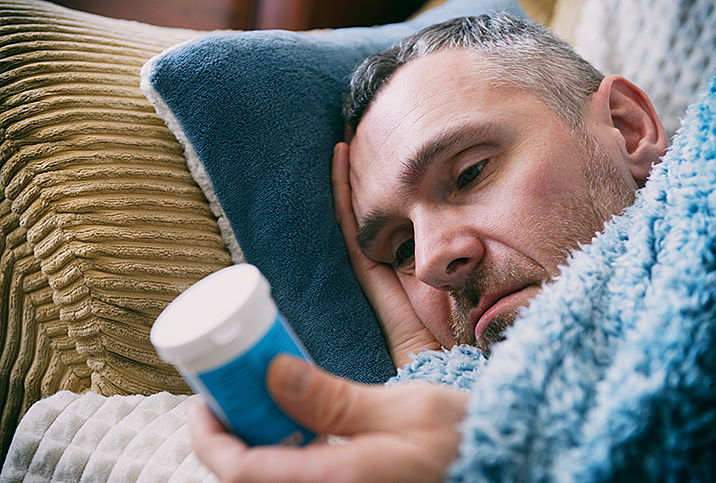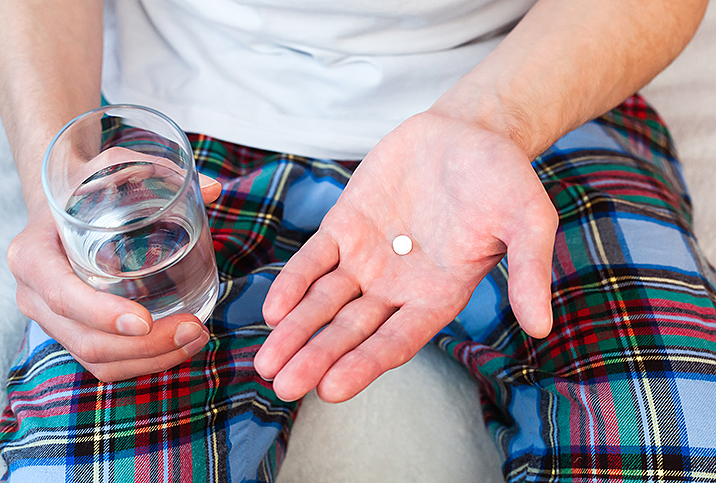Antidepressants and How They Affect the Libido

Just about everyone on antidepressants (about 1 in 8 Americans) has something to say about the side effects, particularly in regards to sex drive.
Antidepressants are a vital resource in the management of moderate to severe depression. They work by modifying the balance of chemicals in the brain responsible for mood. Each of the many types of antidepressants affects these chemicals in different ways. Most antidepressant prescriptions, including citalopram and fluoxetine, are in the drug family called selective serotonin reuptake inhibitors (SSRIs), which have been known to affect sexual health. Other antidepressants, such as bupropion and mirtazapine, have lower sexual side effects.
For women, antidepressants can hinder the effects of clitoral stimulation, leading to a lack of sexual pleasure and the inability to achieve orgasm. For men, they can cause erectile dysfunction or delayed ejaculation. Even among patients who can achieve orgasm, the sensation of pleasure attached to climax may be lessened.
Managing depression and medication side effects
In some cases, however, sexual dysfunction arises from the depression itself and not the medication. About 35 to 50 percent of people with untreated major depression experience some symptoms of sexual dysfunction before they start to use the medication. And in some instances, symptoms of sexual dysfunction may persist after the discontinuation of SSRIs—a condition known as post-SSRI sexual dysfunction (PSSD). For some people, the sexual side effects are minor and may reduce as the body adjusts to the medication. For others, the problem is continuous.
Depression already robs you of enjoying orgasms and other pleasures in life, and it's natural to want to stop antidepressants from doing the same. But the effect of antidepressants on sexual health should not deter you from using your medication—stopping the use of these medications will allow your depression to return. Your doctor may be able to help by lowering your dosage or switching you to a different class of antidepressant, such as bupropion, which can sometimes improve sexual response. They may also add drugs like sildenafil, which can reduce SSRI-induced erectile dysfunction in men.
If your doctor would prefer that you stay on your current medication, then you can suggest medication breaks, which would allow you to get relief from the side effects of the drug without interrupting the therapeutic benefits. Some other strategies include scheduling sexual activity before the use of the drug or for times of day when the side effects are less pronounced.
These approaches may not work for everyone, but you should at least try to have a straightforward discussion with your doctor to find the best option for you. You should also have an open and honest discussion with your partner about the effect the medication has on your sexual health and activities. Talking with a therapist can be helpful as well, either alone or with your partner. Do not allow antidepressants to keep you from enjoying your sexual life.


















